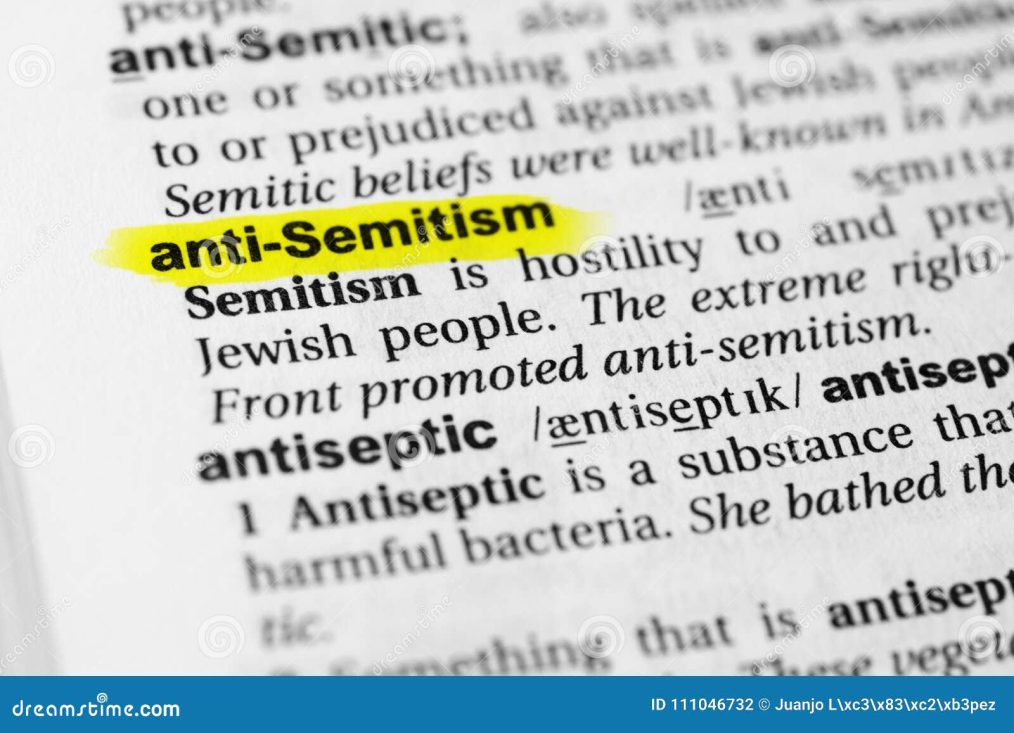
Hate Speech Laws and Australia’s Response to Antisemitism: A Missed Opportunity for Leadership
Australia is in the throes of a sharp increase in antisemitic incidents, with violent threats and attacks targeting Jewish communities in Sydney and Melbourne. Yet, the Albanese government’s response has been lethargic at best, exposing a troubling lack of urgency and support for the nation’s Jewish population and Israel.
Attorney-General Mark Dreyfus has promised that legislation introducing criminal penalties for hate speech will be a top priority when parliament resumes next month. The proposed federal law would criminalise threats of violence against racial or religious groups, as well as those motivated by gender identity or sexual orientation. However, it stops short of addressing vilification and ridicule—a glaring omission that undermines its effectiveness.
Meanwhile, Israeli politicians and local Jewish leaders have criticised the Albanese government for policies they believe have fuelled antisemitism. Their concerns are not unwarranted. Despite the escalating threats, the government has adopted a wait-and-see approach, choosing to defer decisive action until parliament reconvenes. This delay signals a lack of political will to confront antisemitism head-on and protect a vulnerable community under siege.
Dreyfus’s proposed legislation is narrow in scope, addressing only threats of violence and omitting provisions against vilification. This omission leaves a gaping hole in the fight against hate speech. It is particularly concerning given that hate often starts with words before escalating to violence. Comprehensive laws are needed to prevent hate speech from taking root, not just to punish its most extreme manifestations.
Further complicating matters is the revelation that the Australian Federal Police (AFP) and ASIO are investigating whether overseas criminal groups or foreign governments have paid Australians to commit antisemitic attacks. This suggests a deeper, more coordinated effort to spread hatred and fear within Australian borders. Yet, the government’s response remains piecemeal and reactive.
At the state level, responses have been uneven. In New South Wales, Premier Chris Minns has proposed reforms to hate speech laws, including a specific criminal offence for vilification. While this is a step in the right direction, legal experts warn that such measures may be ineffective without robust enforcement mechanisms. The NSW Police recently arrested a man who allegedly attempted to burn down a synagogue in Newtown—a significant breakthrough—but they are still searching for a second suspect and investigating other incidents, including the firebombing of a childcare centre in Maroubra.
These state efforts, while commendable, highlight the absence of a coordinated national strategy. The lack of leadership from the federal government has left states to shoulder the burden of responding to a crisis that demands a unified approach.
Prime Minister Anthony Albanese’s government has been slow to act, and this inaction has been perceived as tacit complacency. Waiting for parliament to resume next month is simply not good enough. The Jewish community needs immediate reassurance that their safety is a national priority. Concrete actions, such as expedited legislation and increased funding for security measures, should have been announced weeks ago.
Israeli politicians have been vocal in their criticism, arguing that the Albanese government’s policies on Israel—including a perceived lack of support in international forums—have emboldened antisemitic sentiment. These claims, coupled with the surge in antisemitic incidents, demand a thorough reassessment of Australia’s stance on Israel and its implications for domestic harmony.
The Albanese government must act decisively to address the root causes of antisemitism and demonstrate unequivocal support for the Jewish community. This includes:
- Expanding Hate Speech Laws: The proposed legislation must go beyond threats of violence to include provisions against vilification and ridicule.
- Immediate Measures: The government should implement interim measures, such as increased police presence around Jewish institutions, while awaiting parliamentary approval of new laws.
- National Coordination: A unified national strategy, developed in consultation with state governments and Jewish leaders, is essential to combat antisemitism effectively.
- Support for Israel: Clear and consistent support for Israel would send a strong message against antisemitism and counter claims that Australia’s foreign policy fuels hatred.
Anything less is a dereliction of duty. The Albanese government must recognise that words and delays will not suffice. Leadership demands action, and Australia’s Jewish community deserves nothing less.



